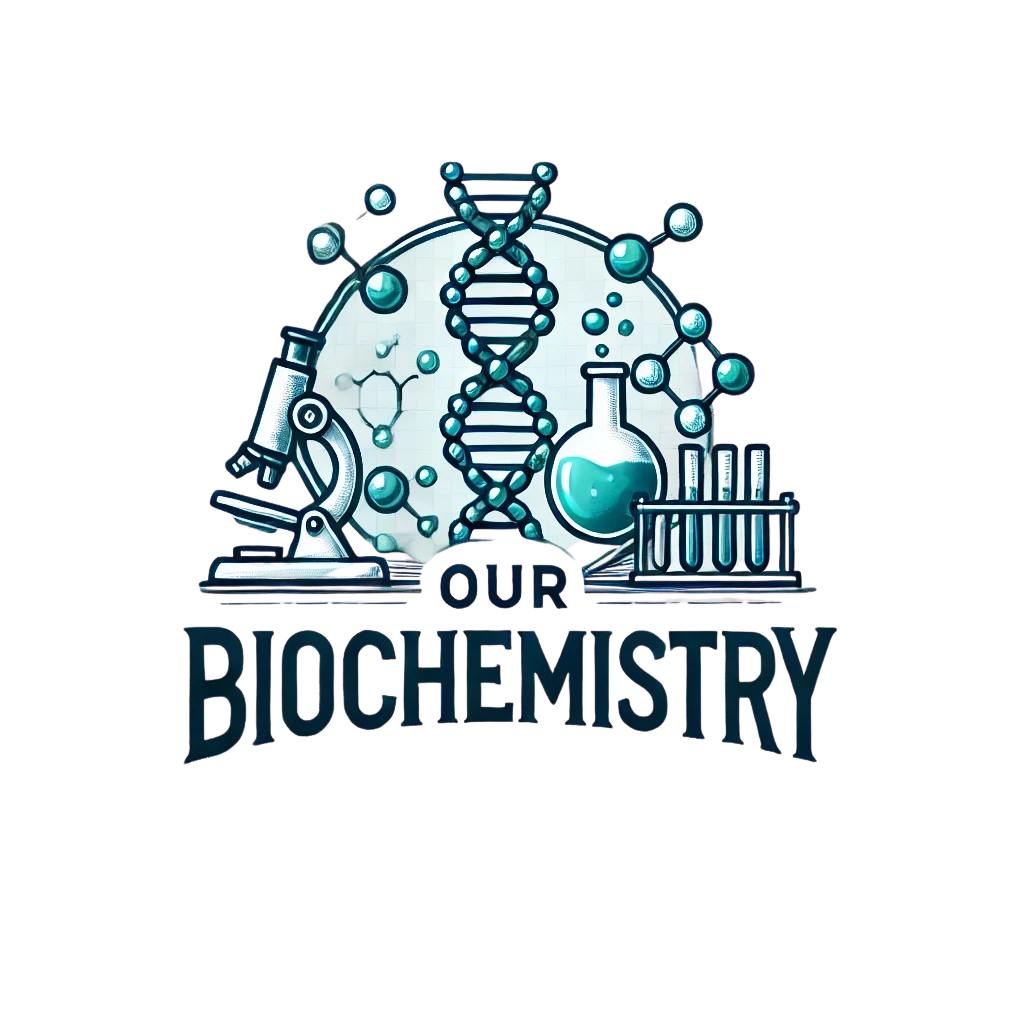USMLE Content
Our Biochemistry > USMLE Content
20 High-Yield Case-Based MCQs on Trace Elements: Clinical Scenarios & Explanations
23
Feb

Explore 20 high-yield multiple-choice questions on trace elements, covering essential minerals like calcium, iron, zinc, selenium, and copper. Each case-based question is designed to enhance understanding of clinical presentations, metabolic disorders, and diagnostic approaches. Perfect for medical students, healthcare professionals, and exam preparation!
Posted in:
Learning resources ,
Library ,
Minerals ,
Multiple-Choice questions ,
Multiple-choice questions ,
Practice questions ,
Question Bank ,
Question Bank ,
Question Bank ,
Quizzes ,
USMLE Content ,
USMLE Style questions ,
USMLE styled question bank ,
Vitamins ,
Tags:
#BiochemistryMCQs,
#ClinicalCase,
Acrodermatitis Enteropthica,
alcohol dehydrogenase,
BIOCHEMISTRY FOR MEDICS,
Carbonic anhydrase,
Clinical biochemistry,
Fluoride,
Flurosis,
High-Yeild MCQs,
Iron,
Iron deficiency anemia,
MedicalQuiz,
Nutrition,
Nutritional Biochemistry,
Selenium,
selenosis,
Trace elements,
Zinc,
Case Discussion: The Diagnosis Behind the Image Challenge
22
Feb

A 45-year-old woman with fatigue, neuropathy, and macrocytic anemia—classic signs of Vitamin B12 Deficiency. See how the correct diagnosis was made and why early treatment is essential.
Posted in:
Case studies ,
Clinical Case discussions ,
Learning resources ,
Library ,
Vitamins ,
Vitamins and Minerals ,
USMLE-Style MCQs on Fat-Soluble Vitamins | High-Yield Practice Questions
21
Feb

Get high-yield USMLE-style MCQs on fat-soluble vitamins (A, D, E, K) with detailed explanations! Test your knowledge on vitamin deficiencies, toxicities, and clinical applications with realistic board exam questions. Perfect for USMLE Step 1 & Step 2 CK preparation.
Posted in:
Learning resources ,
Library ,
Multiple-choice questions ,
Multiple-Choice questions ,
Multiple-choice questions ,
Practice questions ,
Question Bank ,
Question Bank ,
Quizzes ,
QUIZZES ,
USMLE Content ,
USMLE Style questions ,
USMLE styled question bank ,
Vitamins ,
Vitamins and Minerals ,
Water-Soluble Vitamins: Clinical MCQs with Explanations & Illustrations
19
Feb

Test your knowledge of biochemistry and clinical medicine with these high-yield, NBME-style multiple-choice questions on water-soluble vitamins. Each question is case-based to enhance clinical reasoning and exam preparedness.
Metabolism of Tryptophan and its clinical significance
15
Feb
Posted in:
Amino acid metabolism ,
Learning resources ,
Library ,
Metabolism of Amino acids ,
PowerPoint Presentations ,
PowerPoint presentations ,
Presentations ,
USMLE Content ,
